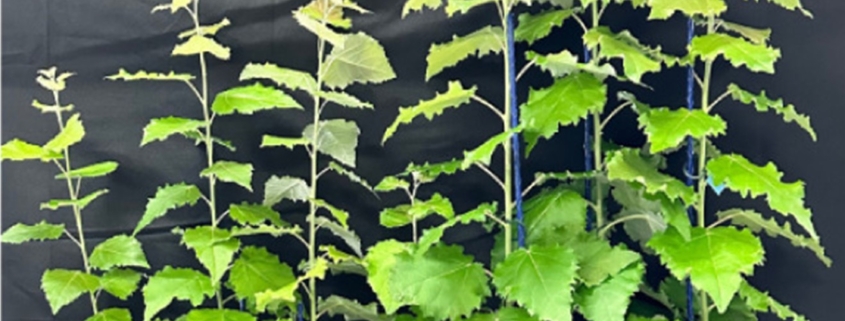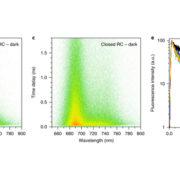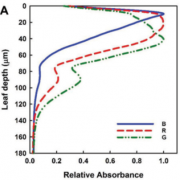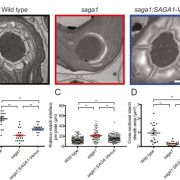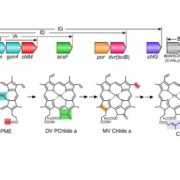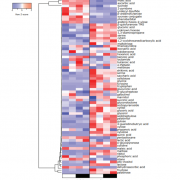BOOSTER: Unlocking photosynthetic efficiency for enhanced plant productivity
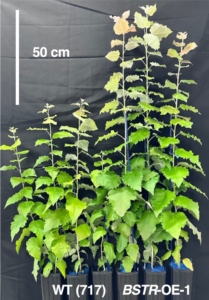 Photosynthesis is a fundamental biological process for carbon fixation and capturing light energy to drive plant growth. However, excessive sunlight can cause photodamage, which is detrimental to plant health. To protect the photosynthetic machinery from over-excitation and subsequent damage, plant cells employ a sophisticated mechanism to regulate the distribution of excitation energy between the reaction centers and the antenna complexes—a process known as non-photochemical quenching (NPQ). The rapid relaxation of NPQ under low-light conditions and its swift induction in high-light environments are critical for preventing photodamage. However, the slow adjustment of NPQ to fluctuating light is estimated to reduce potential carbon gain by up to 40%. Accelerating the dynamic adjustment of NPQ to changing light conditions could, in principle, significantly enhance net photosynthetic efficiency. Using genome-wide association studies (GWAS), Feyissa and colleagues identified BOOSTER as a putative gene associated with NPQ in poplar. Overexpressing this gene increased photosynthetic efficiency and enhanced biomass production by up to 200% in both poplar and Arabidopsis. This discovery offers a promising strategy to improve plant productivity, with broad potential applications across various plant species. (Summary by Ching Chan @ntnuchanlab) Developmental Cell 10.1016/j.devcel.2024.11.002
Photosynthesis is a fundamental biological process for carbon fixation and capturing light energy to drive plant growth. However, excessive sunlight can cause photodamage, which is detrimental to plant health. To protect the photosynthetic machinery from over-excitation and subsequent damage, plant cells employ a sophisticated mechanism to regulate the distribution of excitation energy between the reaction centers and the antenna complexes—a process known as non-photochemical quenching (NPQ). The rapid relaxation of NPQ under low-light conditions and its swift induction in high-light environments are critical for preventing photodamage. However, the slow adjustment of NPQ to fluctuating light is estimated to reduce potential carbon gain by up to 40%. Accelerating the dynamic adjustment of NPQ to changing light conditions could, in principle, significantly enhance net photosynthetic efficiency. Using genome-wide association studies (GWAS), Feyissa and colleagues identified BOOSTER as a putative gene associated with NPQ in poplar. Overexpressing this gene increased photosynthetic efficiency and enhanced biomass production by up to 200% in both poplar and Arabidopsis. This discovery offers a promising strategy to improve plant productivity, with broad potential applications across various plant species. (Summary by Ching Chan @ntnuchanlab) Developmental Cell 10.1016/j.devcel.2024.11.002


